Why the number of female world leaders is dropping
Women quitting politics are blaming sexism, threats, burnout and voter gender bias
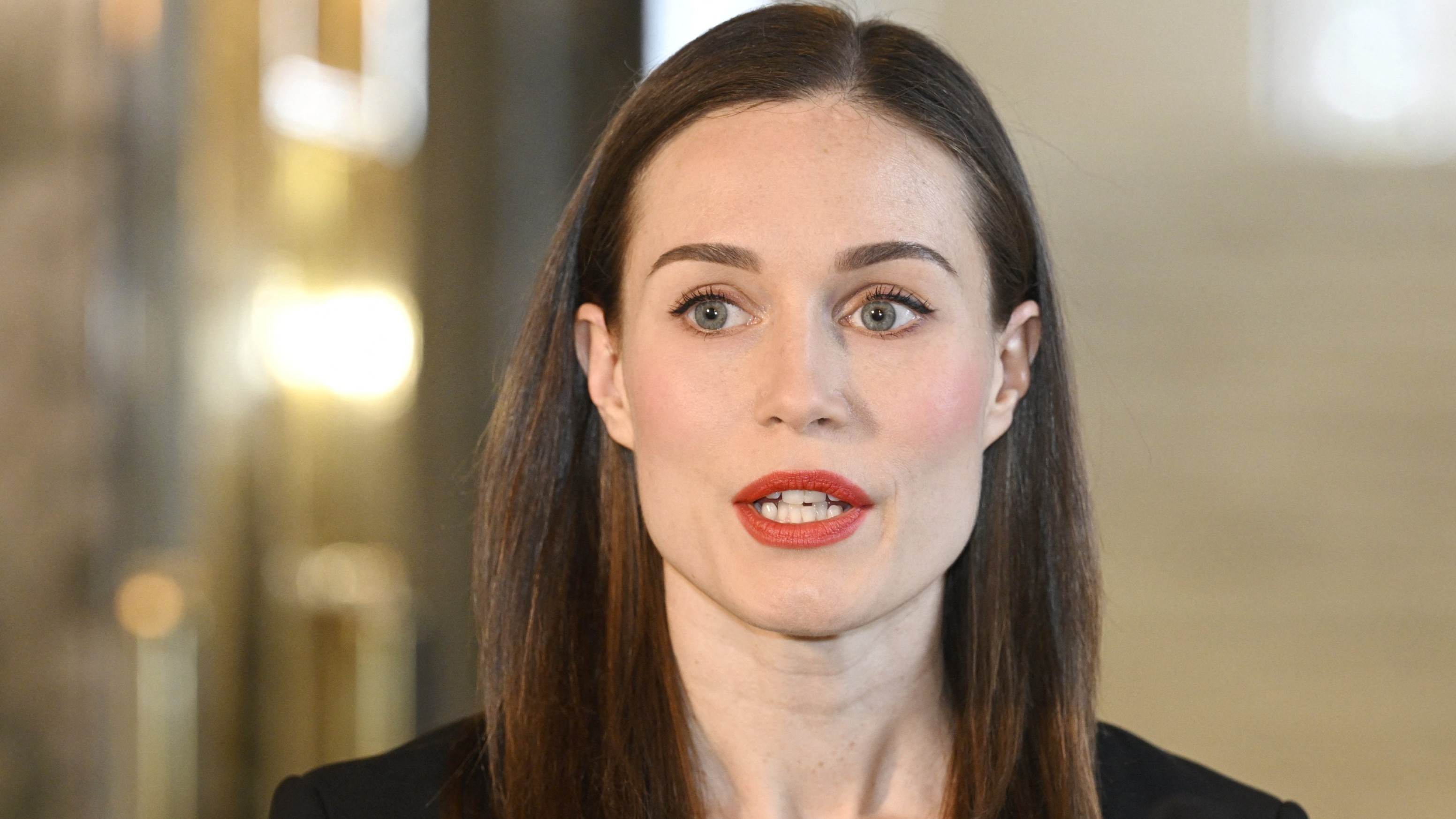
A free daily email with the biggest news stories of the day – and the best features from TheWeek.com
You are now subscribed
Your newsletter sign-up was successful
Finland’s Sanna Marin has become the latest female leader to stand down, following a closely fought election.
Marin’s failed bid earlier this month to secure a second term as prime minister came weeks after the resignations of Nicola Sturgeon, who stood down as Scotland’s first minister (and first female leader) after eight years, and Moldovan leader Natalia Gavrilița, who cited a lack of “support and trust at home”. New Zealand’s Jacinda Ardern announced in January that she was too burned out to continue as PM, and Liz Truss quit in October after just six disastrous weeks at the helm of the UK government.
“It has been a dismal few months for women in politics,” said Harriet Marsden in The New Statesman. Since Angela Merkel stepped down as German chancellor in December 2021, “the world stage has been lacking heavyweight female players”, but the recent spate of resignations “should force us to face the reality for women in power, and question why anyone would even want the job”.
The Week
Escape your echo chamber. Get the facts behind the news, plus analysis from multiple perspectives.

Sign up for The Week's Free Newsletters
From our morning news briefing to a weekly Good News Newsletter, get the best of The Week delivered directly to your inbox.
From our morning news briefing to a weekly Good News Newsletter, get the best of The Week delivered directly to your inbox.
Growth has plateaued
“Fewer than a third of the UN’s 193 member states have ever had a female leader,” said The Guardian’s Jonathan Yerushalmy. “And while the last two decades have seen a huge proportional rise in the number of women at the top of global politics, the actual numbers remain incredibly low.”
Giorgia Meloni was elected to be Italy’s first female PM in October, and Ursula von der Leyen has been president of the European Commission since 2019.
But only 12 UN member states currently have female leaders, down from 17 in 2022.
According to UN Women, as of 1 January 2023, a total of 34 women were serving as heads of state and/or government in a total of 31 countries worldwide.
A free daily email with the biggest news stories of the day – and the best features from TheWeek.com
Statista reported that the “highest position of executive power” had been held by a woman “in just 59 countries since 1960” as of the start of this year.
Countries that currently have female prime ministers include Iceland, Samoa, Denmark, Estonia, Namibia and Uganda. Bangladesh’s Prime Minister Sheikh Hasina Wajed is the longest-serving female leader of any country, at 19 years.
The UK has had three female PMs: Margaret Thatcher, Theresa May and Truss. All three resigned following challenges from within their own party.
Current female presidents include Taiwan’s Tsai Ing-wen, Nepal’s Bidhya Devi Bhandari, Xiomara Castro in Honduras and Peru’s Dina Boluarte, who replaced the impeached Pedro Castillo in December.
Despite Ardern’s recent resignation, New Zealand has achieved gender equality at the highest level of government, with 10 women sitting with 10 men in cabinet. Parity was reached with the appointment of Willow-Jean Prime as conservation minister by Prime Minister Chris Hipkins.
UN Women reported that while gender quotas in parliaments have helped to increase the numbers of female lawmakers, only 13 countries were at “gender parity”. At the current rate, said the agency, gender equality in power will not be reached “for another 130 years”.
Not designed for women
Looking at the data, “it’s little wonder” that so many female leaders are quitting, wrote Susan Armstrong for euronews. The workplace in general “often isn’t designed for women” and staying in top jobs “takes a massive toll – in time, emotional labour, and physical labour”.
“As the viral quote goes, ‘Women are expected to work like they don’t have families, and parent like they don’t have jobs,’” Armstrong added.
In a survey by the Fawcett Society of of female MPs in the UK, 93% said that online abuse or harassment had a negative impact on how they felt about holding their role.
New Zealand’s Ardern said she no longer had “enough in the tank” when she quit, after experiencing violent threats over her stance on lockdown and Covid vaccinations. She also cited sexism and the pressures of a young family.
Sturgeon described the “brutality” of politics, the lack of privacy and the need to give “absolutely everything of yourself to this job”.
In Finland, Marin was subjected to “intrusive and often sexist scrutiny”, The Guardian’s Yerushalmy. After a video showing Marin dancing at a private event provoked a public outcry, she was forced to take a drugs test “for her own legal protection”.
Experts have warned that the invasion of Ukraine may also indirectly lead to a further decline in numbers of female leaders. A survey by the Pew Research Center in 2018, when a record number of women ran for the US Congress in 2018, found that most voters believed female leaders were more effective in areas such as healthcare and education – but less effective in security and defence.
UN data shows that women in government are more likely to be given roles related to family or gender than economics or defence. “That means the traditional path to power – rising up through government and senior cabinet positions – remains more difficult,” said Yerushalmy.
“Women in leadership positions will get asked certain questions that men do not,” wrote Farida Jalalzai, a professor of political science at Virginia Tech, in an article on The Conversation. Women will be criticised for appearing “too hard and too aggressive”, but also if they are seen as “overly soft and emotional”.
And “there isn’t an easy way” around that major problem facing our female leaders, she added.
-
 What is the endgame in the DHS shutdown?
What is the endgame in the DHS shutdown?Today’s Big Question Democrats want to rein in ICE’s immigration crackdown
-
 ‘Poor time management isn’t just an inconvenience’
‘Poor time management isn’t just an inconvenience’Instant Opinion Opinion, comment and editorials of the day
-
 Bad Bunny’s Super Bowl: A win for unity
Bad Bunny’s Super Bowl: A win for unityFeature The global superstar's halftime show was a celebration for everyone to enjoy
-
 Defeating Russia’s shadow fleet
Defeating Russia’s shadow fleetThe Explainer A growing number of uninsured and falsely registered vessels are entering international waters, dodging EU sanctions on Moscow’s oil and gas
-
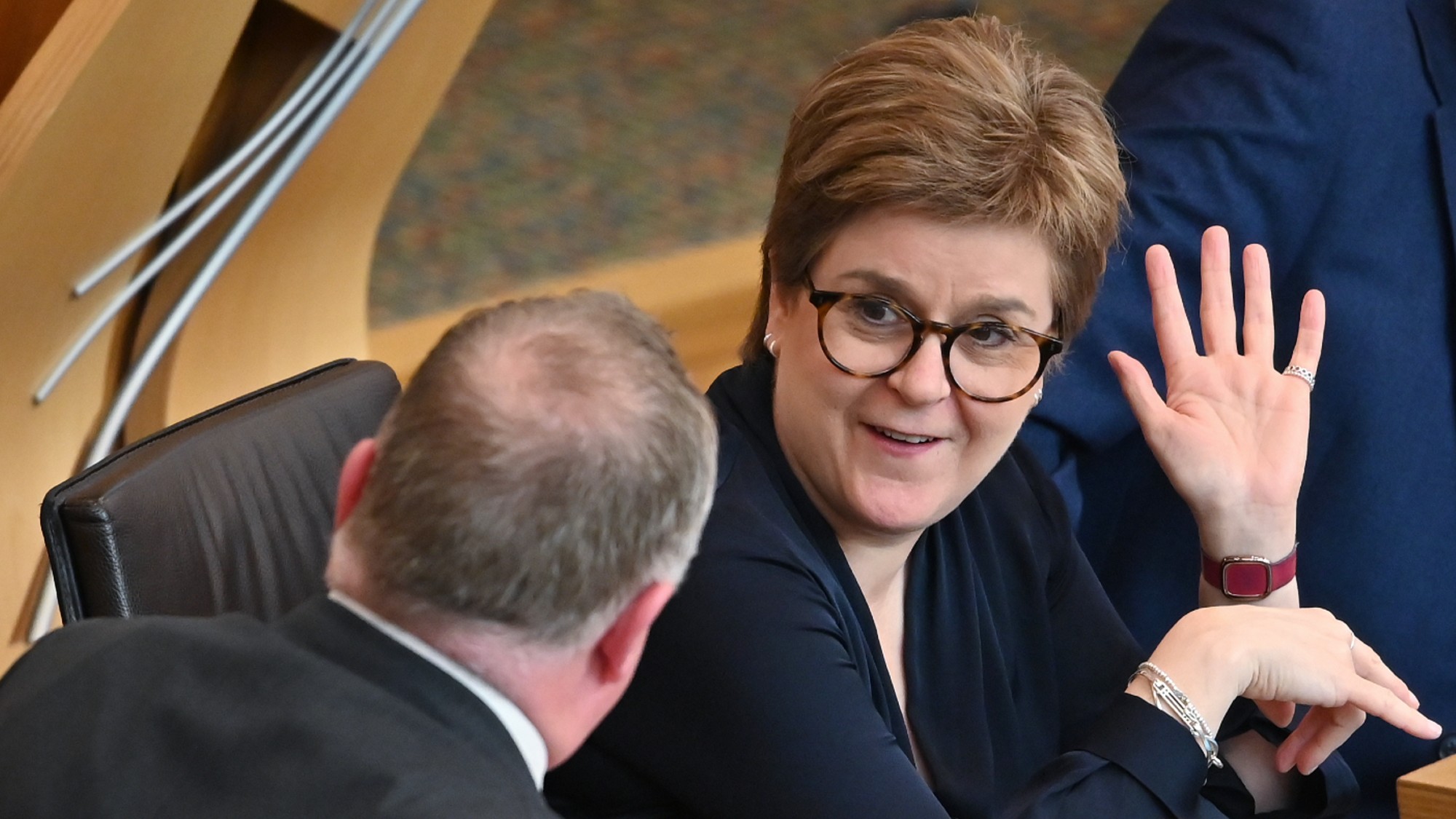 Nicola Sturgeon's memoir: making the personal political
Nicola Sturgeon's memoir: making the personal politicalTalking Point Former Scottish first minister attempts to set record straight in 'Frankly' but does she leave more questions than answers?
-
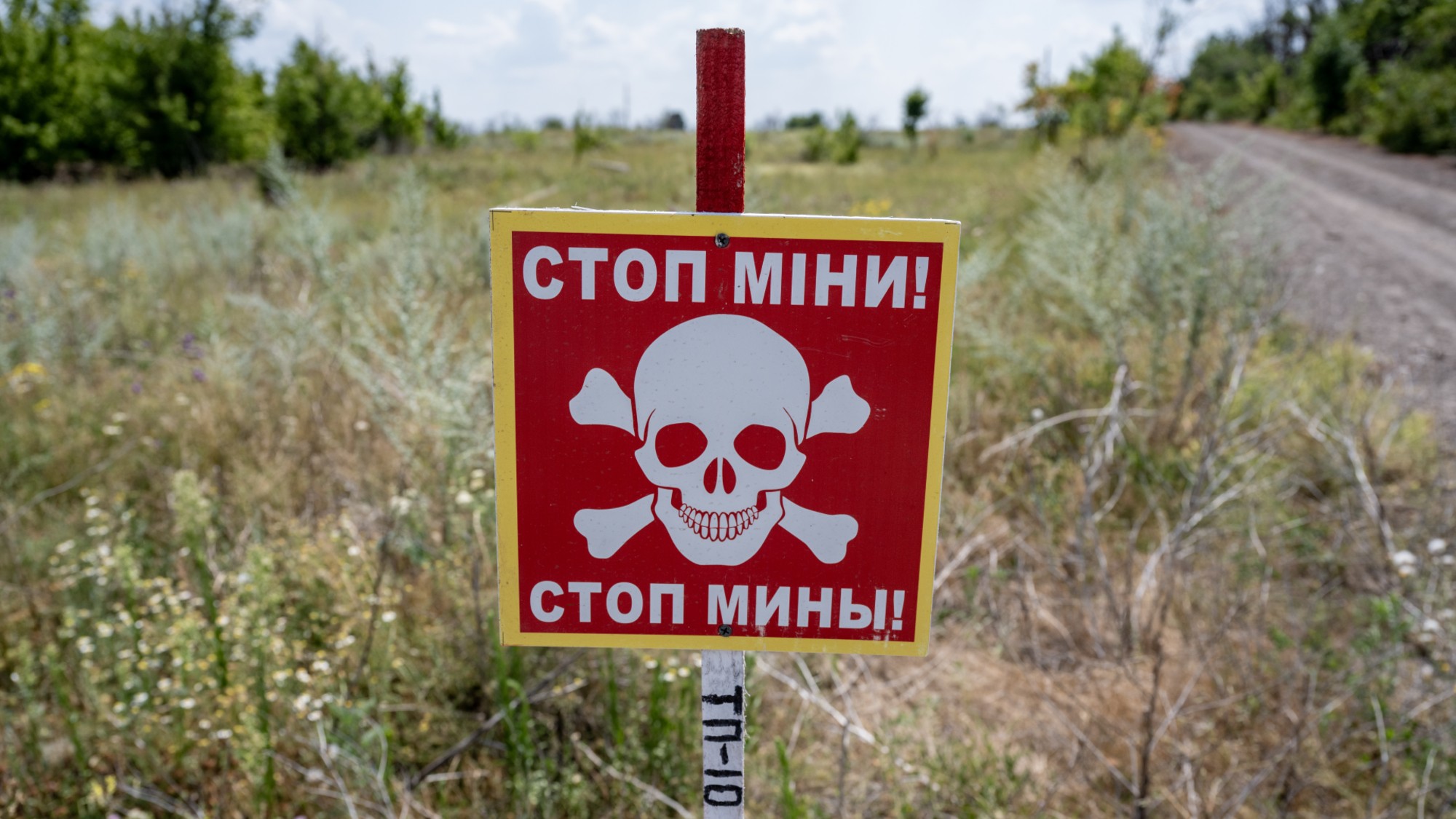 Why are Finland and other nations leaving the land mine treaty?
Why are Finland and other nations leaving the land mine treaty?Today's Big Question Russia's neighbors beef up their defenses
-
 'Culture can rarely compensate when a company can't adapt'
'Culture can rarely compensate when a company can't adapt'Instant Opinion 'Opinion, comment and editorials of the day'
-
 Is Russia's 'shadow fleet' attacking Western infrastructure?
Is Russia's 'shadow fleet' attacking Western infrastructure?In the Spotlight Built to evade sanctions, but sabotage may be next
-
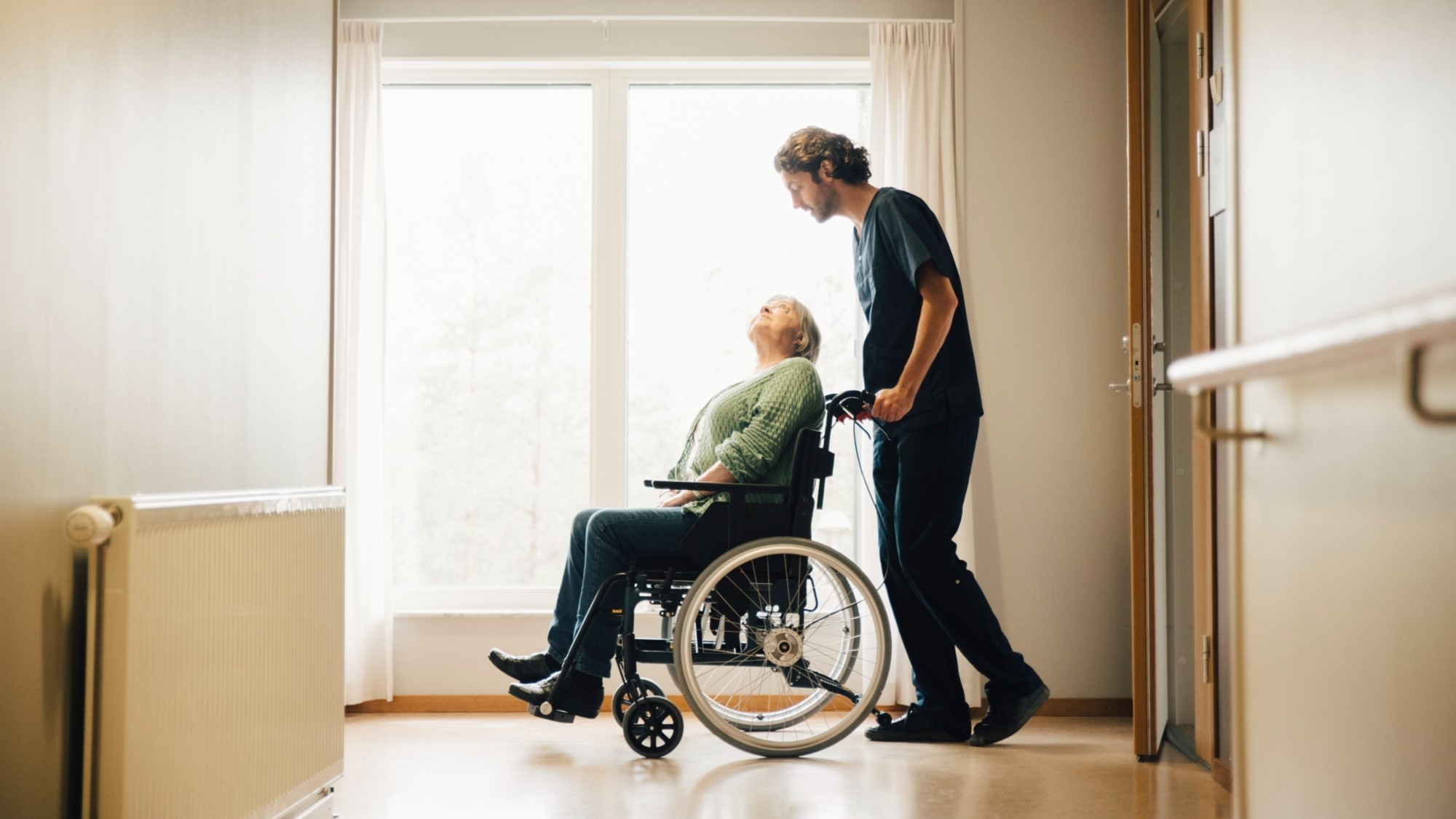 'A man's sense of himself is often tied to having a traditionally masculine, physical job'
'A man's sense of himself is often tied to having a traditionally masculine, physical job'Instant Opinion Opinion, comment and editorials of the day
-
 New Zealand is up in arms over Maori rights bill
New Zealand is up in arms over Maori rights billIn the Spotlight Thousands of New Zealanders have taken to the streets over the bill
-
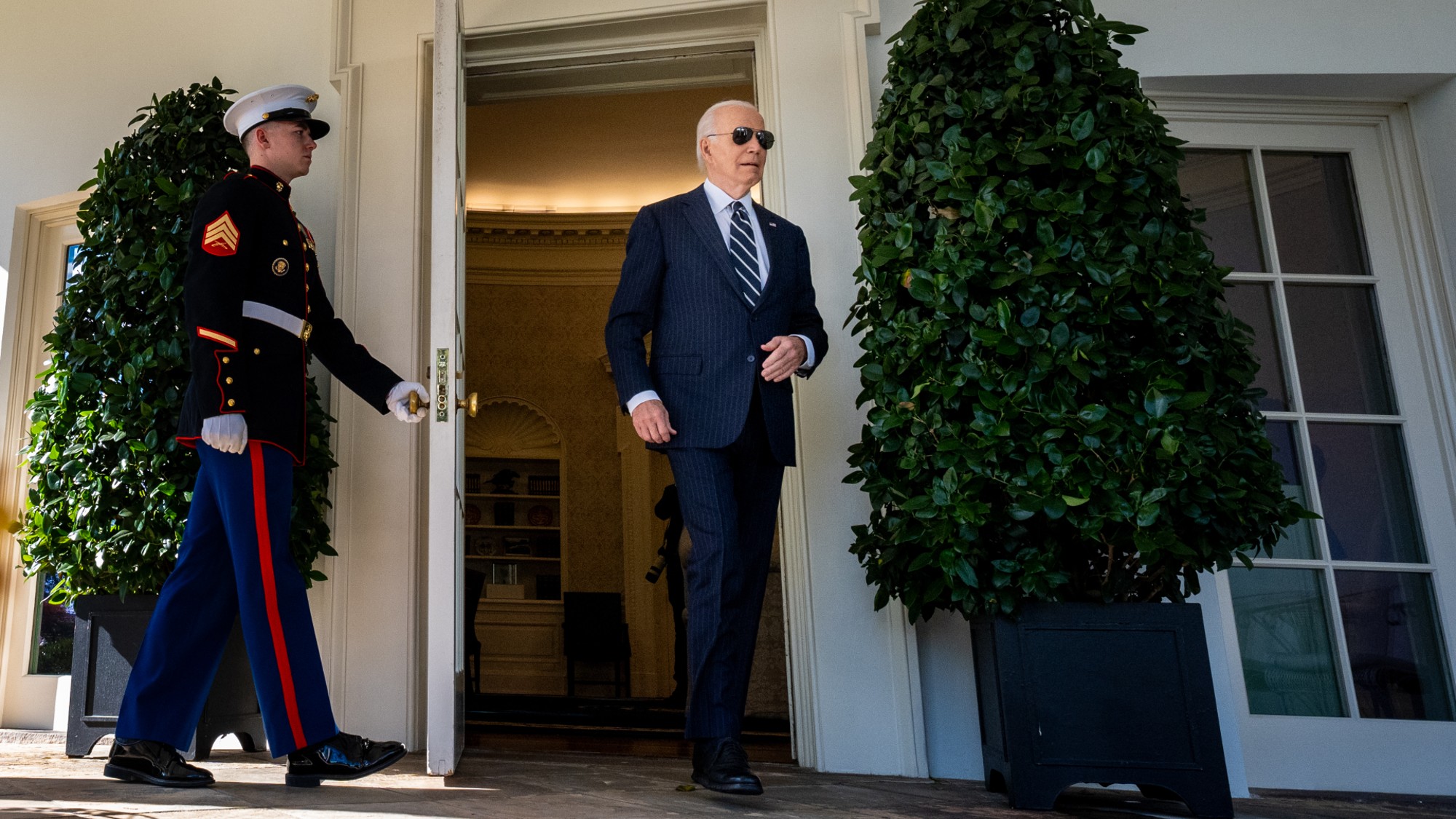 'The problem with deliverism is that it presumes voters will notice'
'The problem with deliverism is that it presumes voters will notice'Instant Opinion Opinion, comment and editorials of the day